+962-7983-18423
24/7 Support
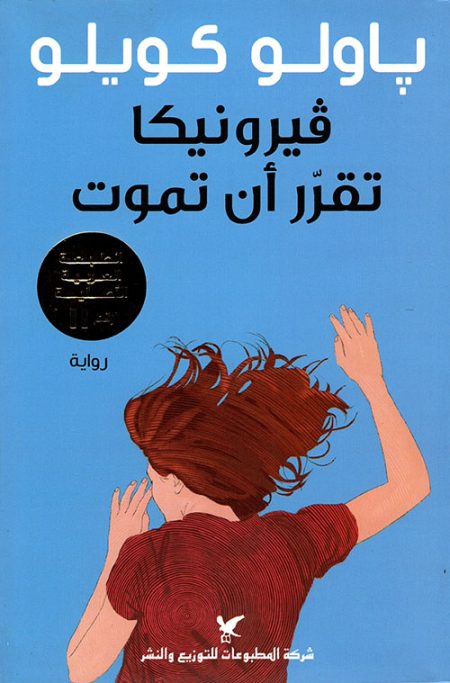
Veronica Decides to Die A 1998 novel by Paulo Coelho, which revolves around the issue of enjoying emotions, and was inspired by his personal experience in mental hospitals, which he has already been admitted to more than once
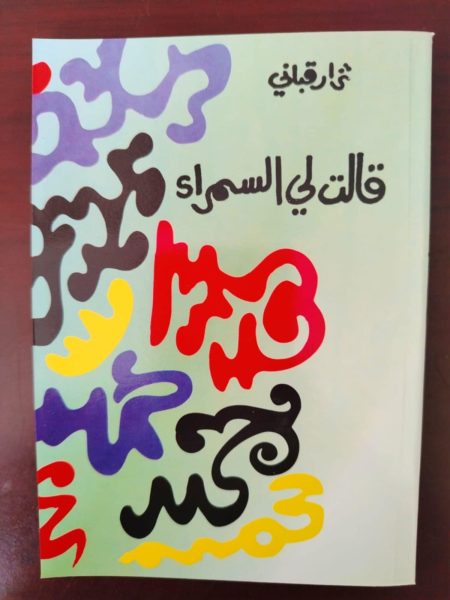
Masterpieces of Nizar Qabbani, the poet of love, women and political anger.
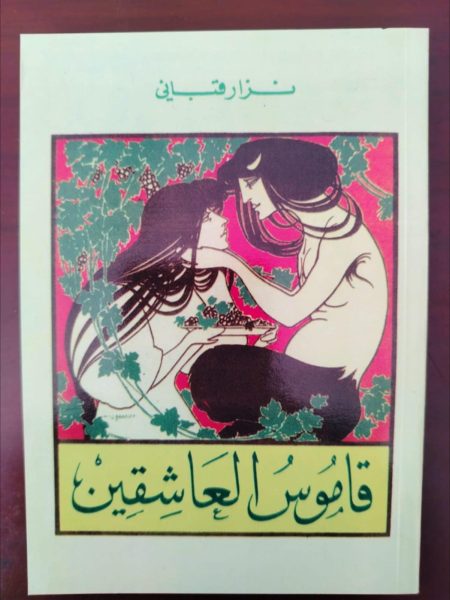
Masterpieces of Nizar Qabbani, the poet of love, women and political anger.
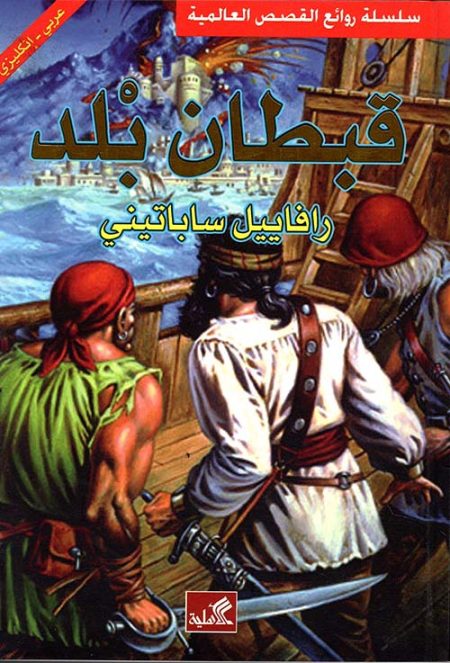
A historical adventure novel about a young Englishman who is wrongfully imprisoned and becomes a pirate before seeking justice and restoring his honor.
Arabic/English
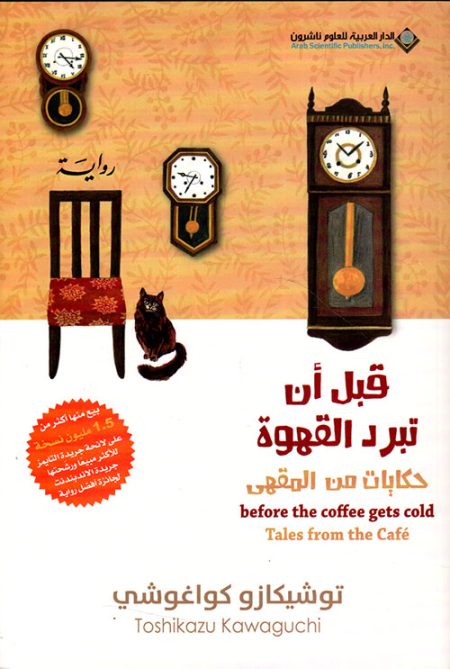
Four touching stories about the opportunity to travel through time inside a small café to correct an unforgettable past.
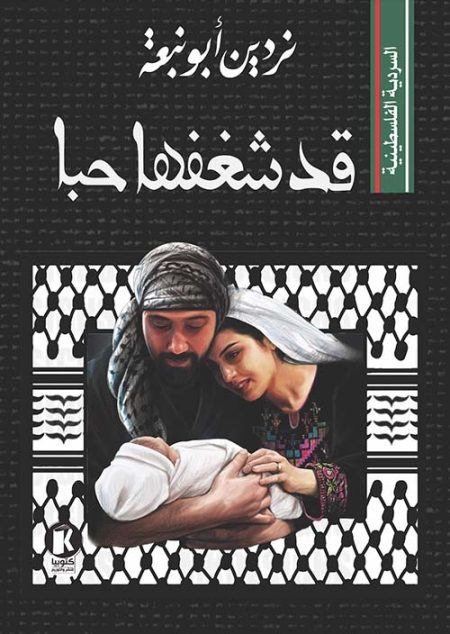
A novel that tells the story of a woman who finds herself confronted with a strong and painful love, revealing aspects of the self and complex relationships.
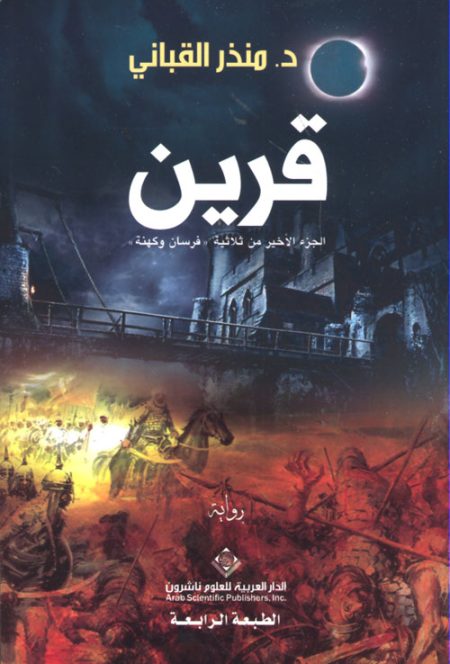
“Doppelganger” is the final part of the “Knights and Priests” trilogy, in which the events of the battle of powers and historical conflicts unfold within a suspenseful dramatic framework.
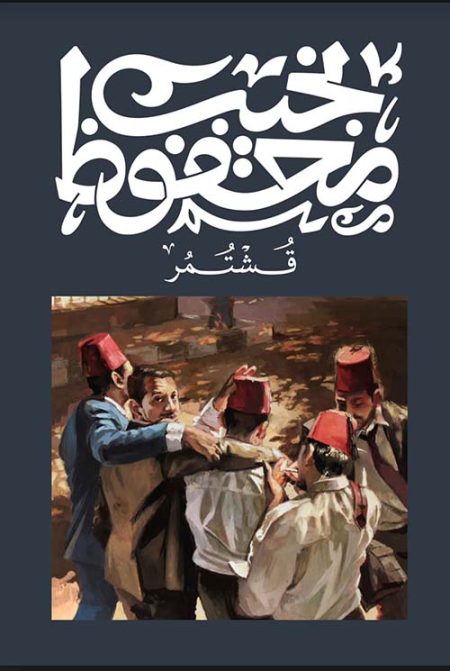
A short novel by Naguib Mahfouz that tells the story of a young man living in a world of loss and disappointment, facing social and psychological challenges in his search for meaning and identity.
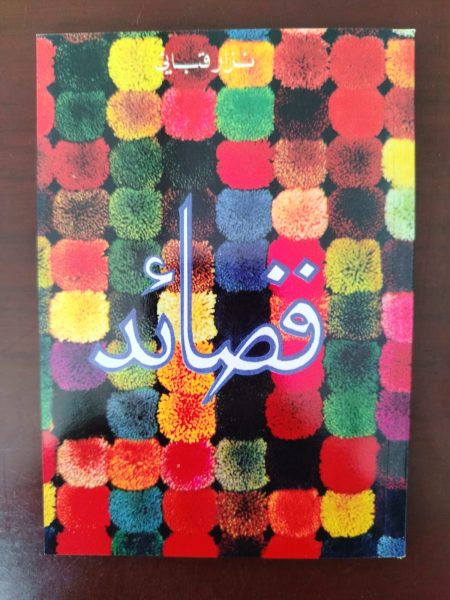
Masterpieces of Nizar Qabbani, the poet of love, women and political anger
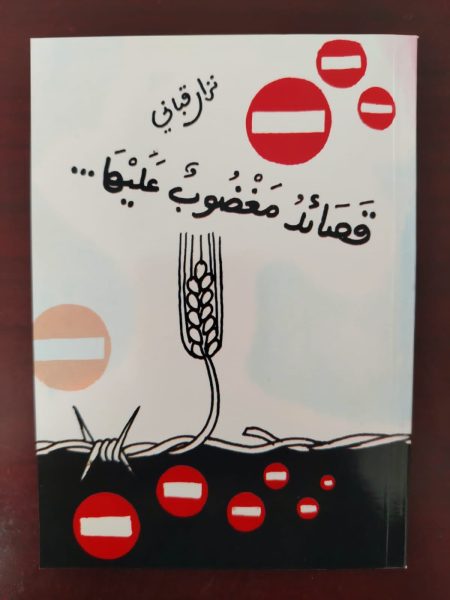
Masterpieces of Nizar Qabbani, the poet of love, women and political anger
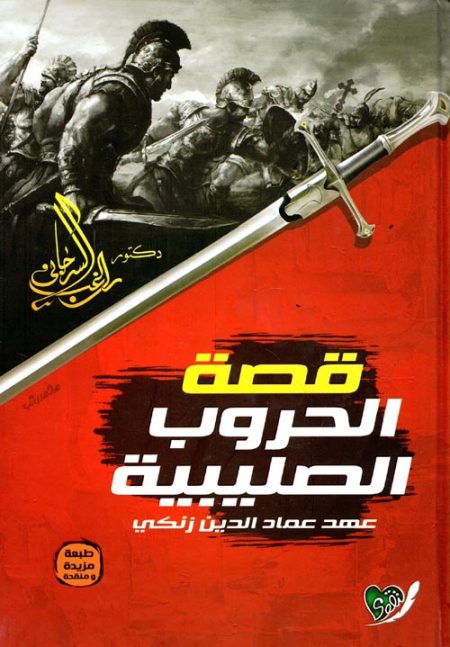
It is a book that presents the events of the Crusades between Muslims and Christians in the Middle Ages, with a focus on the causes, developments and historical results of these conflicts.
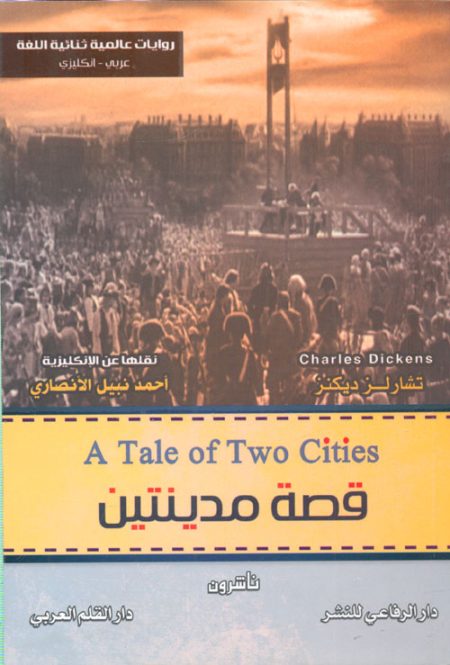
Arabic/English
It tells a story of love and sacrifice amidst the events of the French Revolution, depicting the struggle between good and evil across the cities of London and Paris.
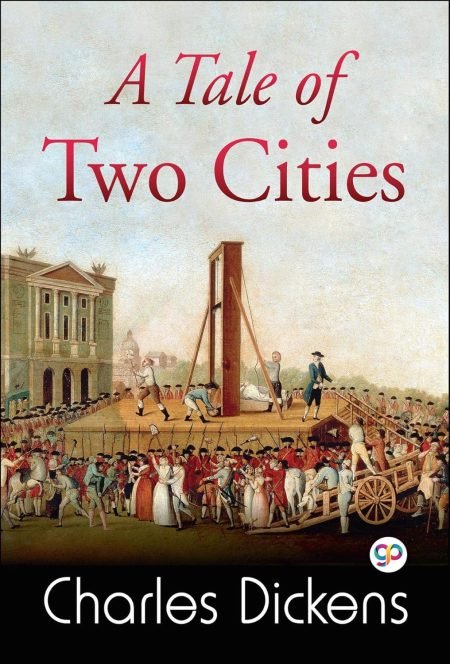
It is a historical drama set between London and Paris during the French Revolution, depicting injustice, sacrifice and redemption.
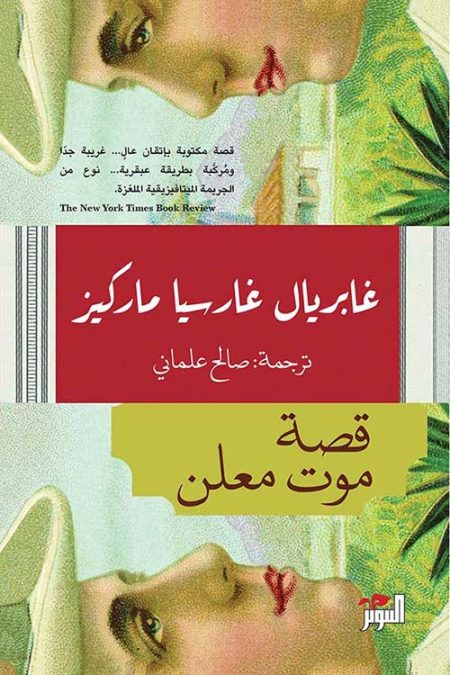
A novel that reveals a crime planned by everyone and known to everyone, but no one stopped it.
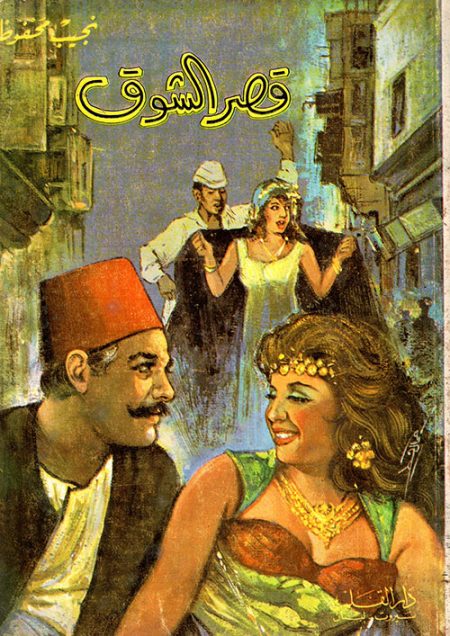
The novel narrates the social and psychological transformations of the Abd al-Jawad family in Egypt after the 1919 Revolution, revealing the struggles of the new generation.
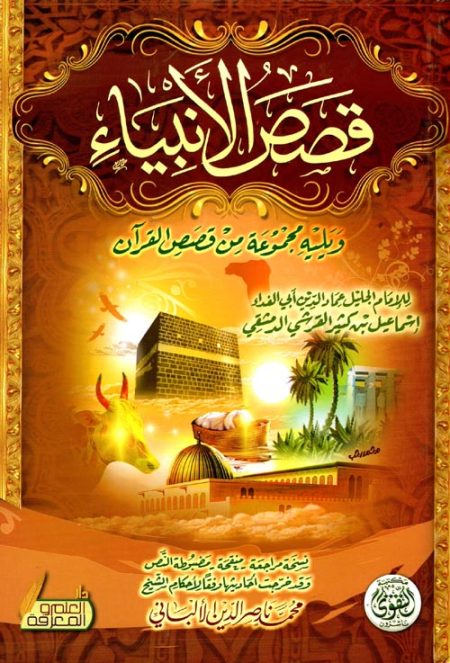
What classifications does the book Stories of the Prophets followed by a collection of stories from the Qur’an follow?
From the classifications that I will send to you
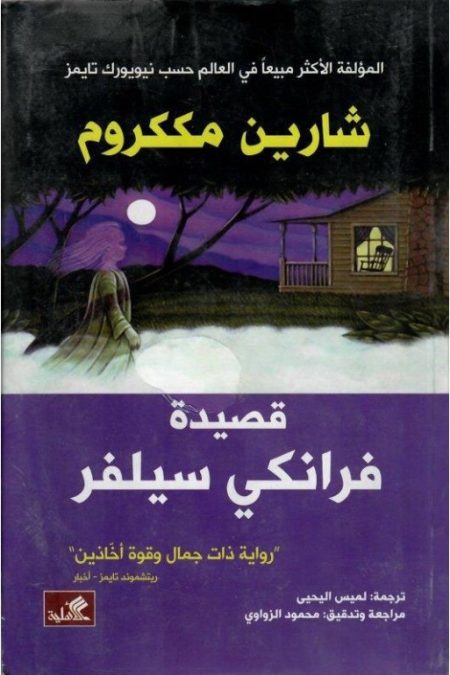
A thriller based on a true crime, blending past and present to reveal the mysteries of justice, guilt, and redemption.

The book addresses the life of the hero Qutuz within a dramatic historical context, detailing his battles and events in the face of political and social challenges.